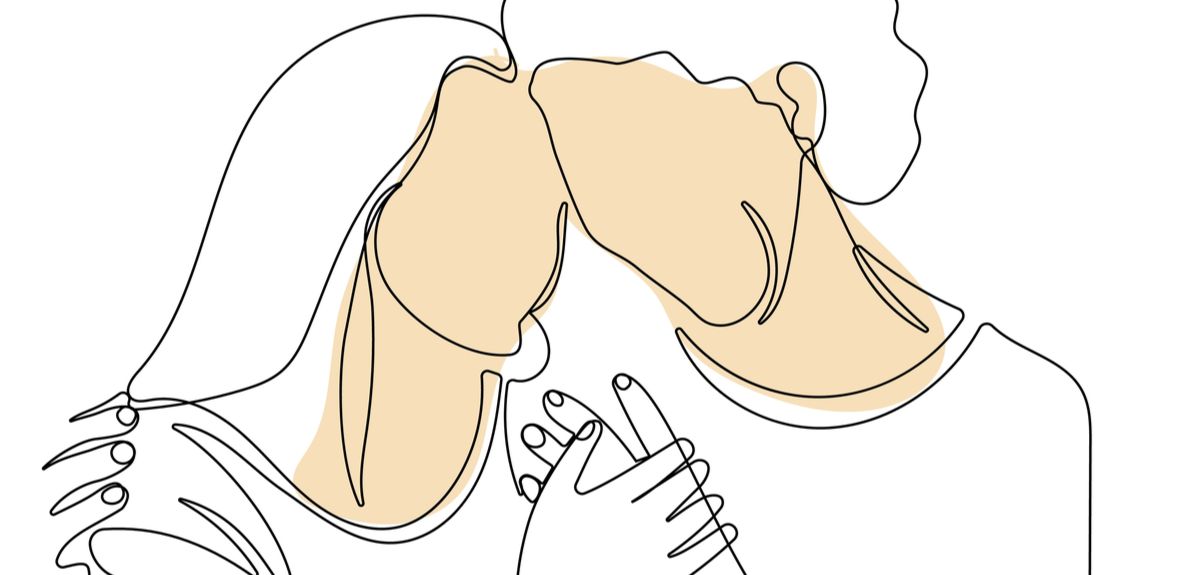
Abused children who were adopted did ‘significantly better’ than those brought up in care – research
Abused and neglected children who were adopted had significantly better life outcomes compared with children who stayed in foster care, according to new research from the University of Oxford and Barnardos (Australia).
Adoption has long been seen as better for children than remaining in care, but the results – based on more than 200 children - were ‘surprising’, especially in terms of educational and employment outcomes, says lead researcher Emeritus Professor Harriet Ward.
Key findings of the study include:
- 63% of adult adoptees completed Year 12 (Australian equivalent of GCSEs) or higher, compared with 42% of adults who grew up in foster care.
- 62% of adult adoptees were engaged in full-time employment, education or training compared with 34% of adults who grew up in foster care.
Professor Ward adds, ‘I was surprised by the scale of the difference that adoption made. But the difference between foster care and adoption is considerable. Adoption is a lifelong connection, a new family, for a child. Although some foster carers are permanently committed, most placements end when children enter adulthood.’
I was surprised by the scale of the difference...But the difference between foster care and adoption is considerable. Adoption is a lifelong connection, a new family...Although some foster carers are permanently committed, most placements end when children enter adulthood
Professor Harriet Ward
Professor Ward’s study looked at outcomes for children who were permanently removed from their families and adopted through Barnados Australia between 1987 and 2013. Had they not been adopted, they would have remained in care, there was no prospect, she says, of them being able to live safely with their birth parents - although all adoptions in Australia are ‘open’ and the children were able to remain in touch with their birth families.
The study, ‘Outcomes of Open Adoption from Care’ was undertaken by Professor Ward and colleague Helen Trivedi of Oxford’s Rees Centre, part of the university's Department of Education. According to Professor Ward, it presents new and vivid findings concerning the extreme vulnerability of children placed for adoption from care, the impact and durability of face-to-face post adoption contact and adult outcomes of adoptees.
Had they not been adopted, they would have remained in care, there was no prospect of them being able to live safely with their birth parents. But all adoptions in Australia are ‘open’ and the children were able to remain in touch with their birth families
The first longitudinal study of open adoption undertaken in Australia, the children had been permanently removed from birth families due to severe abuse and neglect. The research is funded by Barnardos (Australia).
Pioneers of open adoption in Australia, Barnardos recognised the secrecy that traditionally accompanied closed adoptions was detrimental to children’s development. By maintaining openness through regular face-to-face contact with their birth family, mandated by the courts, these adopted children formed a healthy sense of identity and experienced greater stability and belonging, for life, compared to those who remained in the foster care system until the age of 18.
This launch video features two of the authors of the study and three adult adoptees speaking about their experiences of foster care and open adoption.
Click here for free and unlimited access to ‘Outcomes of Open Adoptions from Care’
 Expert Comment: Is it possible to support both AI innovation and human creativity?
Expert Comment: Is it possible to support both AI innovation and human creativity?
 Oxford unmasks the fraudsters behind the forgeries for April Fakes Day 2025
Oxford unmasks the fraudsters behind the forgeries for April Fakes Day 2025
 Professor Sibel Erduran joins prestigious Academy of Social Sciences Fellowship
Professor Sibel Erduran joins prestigious Academy of Social Sciences Fellowship
 Expert Comment: Can Europe hold the line of liberal democracies?
Expert Comment: Can Europe hold the line of liberal democracies?